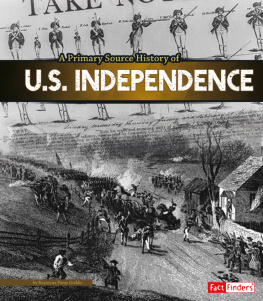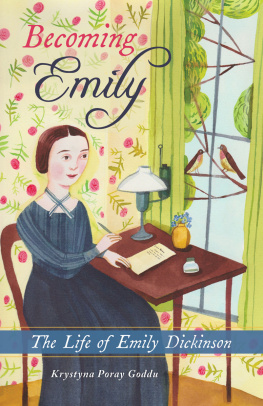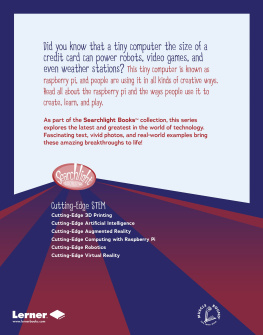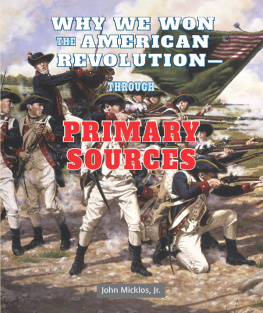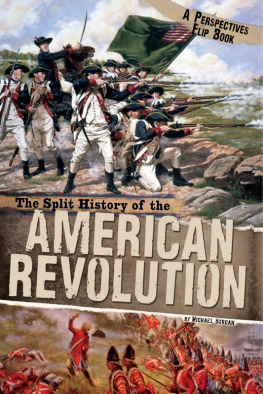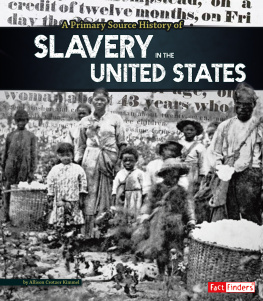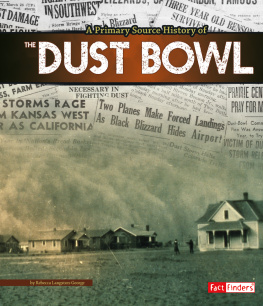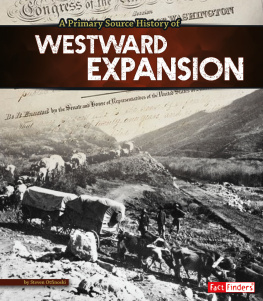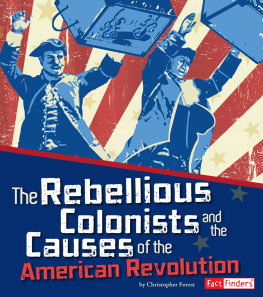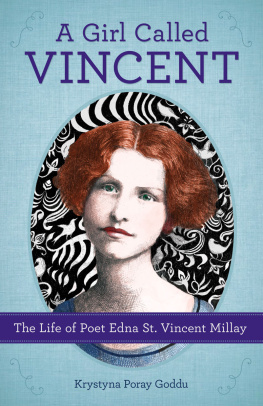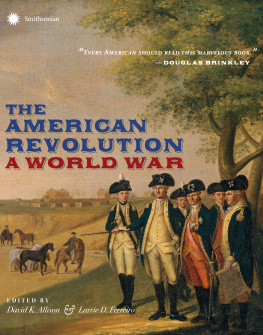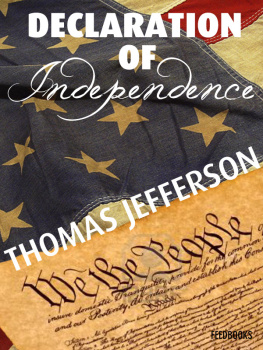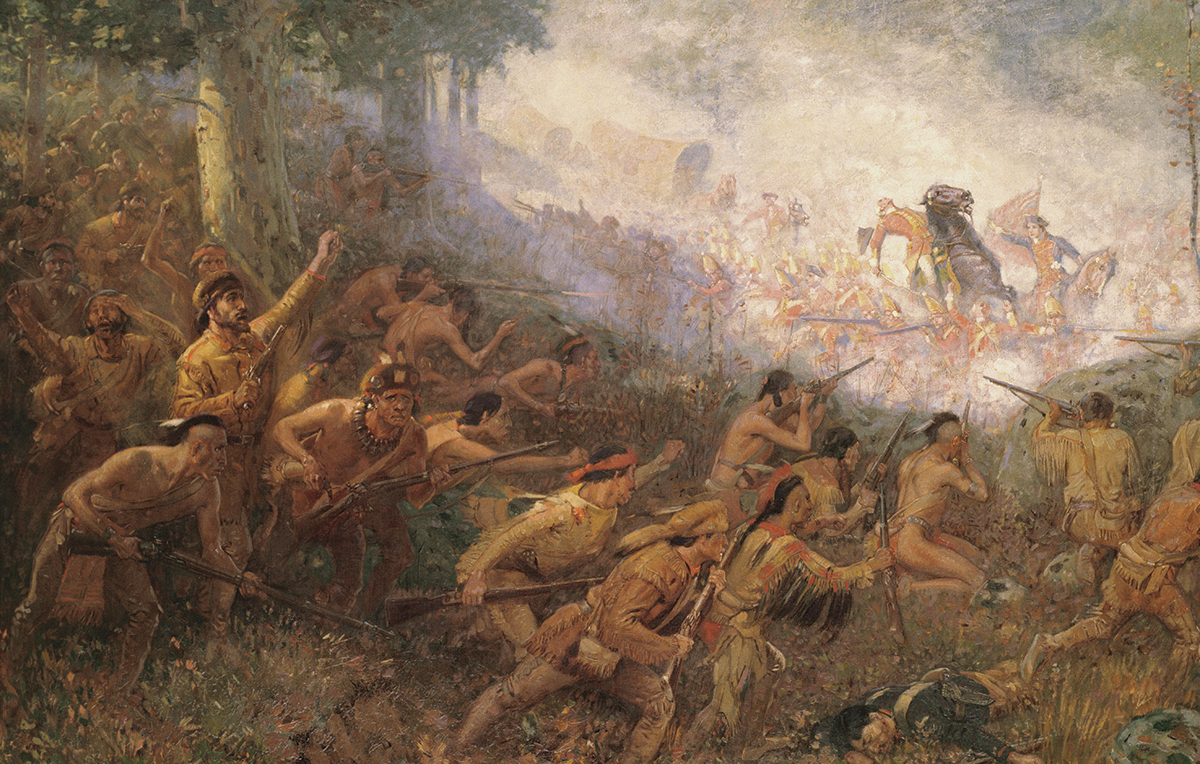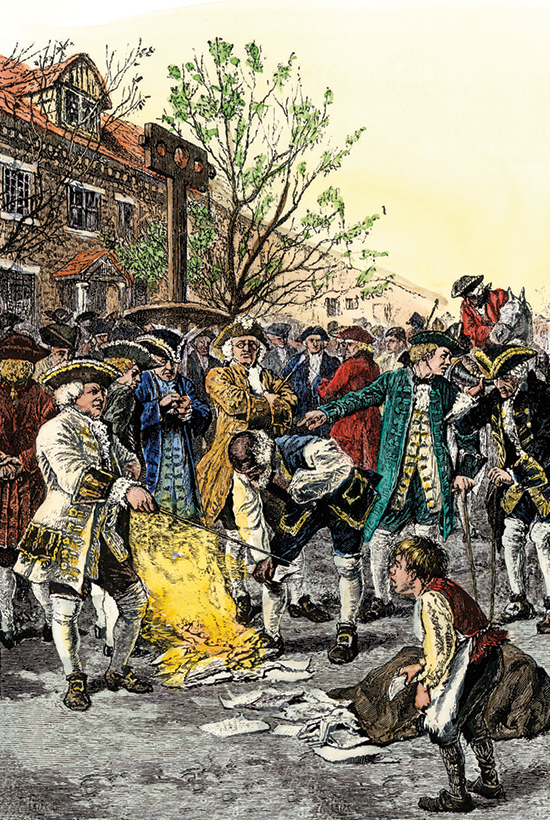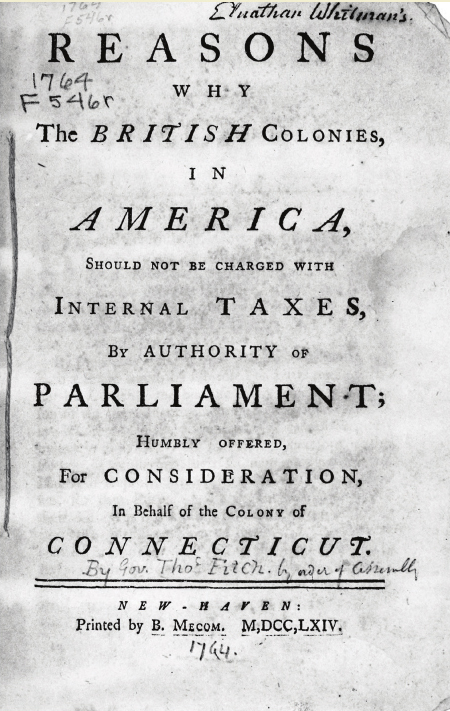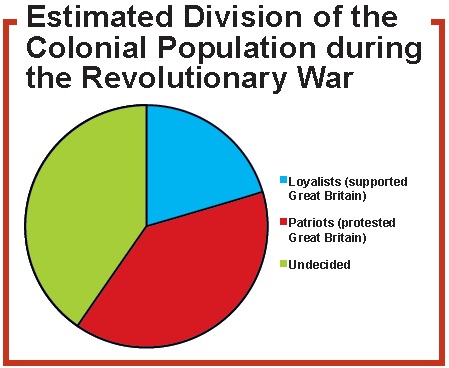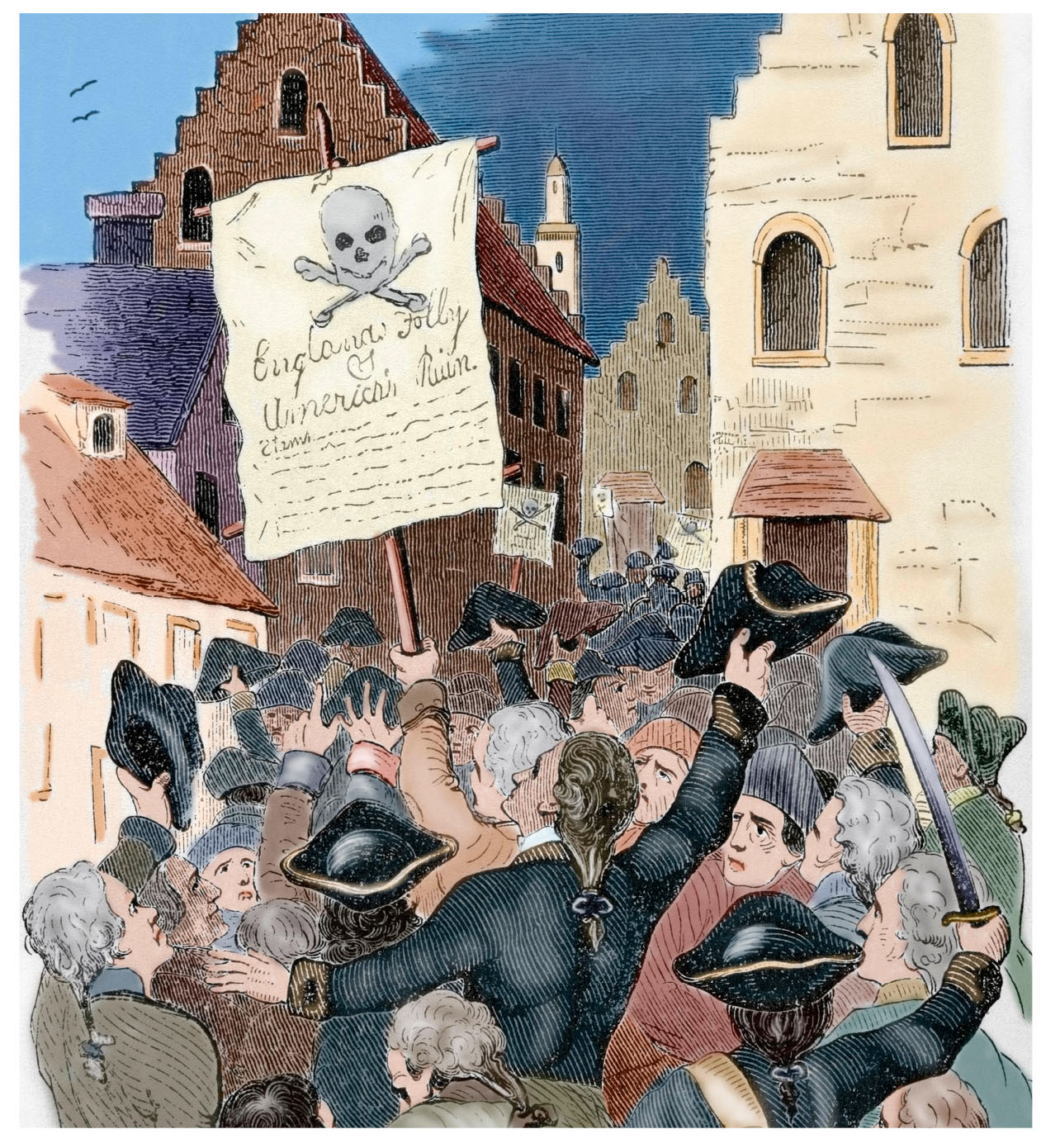SELECTED BIBLIOGRAPHY
- Adams, John. To James Warren. December 17, 1773. The Adams Papers. Online by the Massachusetts Historical Society. www.masshist.org/publications/apde/portia.php?id=PJA02d001
- Articles of Confederation and Perpetual Union. November 15, 1777. Online by The Library of Congress. www.loc.gov/rr/program/bib/ourdocs/articles.html
- Declaration of Independence. July 4, 1776. Online by the National Archives and Records Administration. www.archives.gov/exhibits/charters/declaration.html
- George III. Proclamation of Rebellion. August 23, 1775. Online by Britannias British History Department. www.britannia.com/history/docs/procreb.html
- Henry, Patrick. Liberty or Death. March 23, 1775. Online by the Patrick Henry Center for Individual Liberty. www.patrickhenrycenter.com/Speeches.aspx#LIBERTY
- Johnson, William Samuel. Declaration of Rights and Grievance, October 19, 1765. Manuscript. Manuscript Division, Library of Congress. www.loc.gov/exhibits/creating-the-united-states/revolution-of-the-mind.html#obj12
- Preston, Captain Thomas. Account of the Boston Massacre. Online by the Boston Massacre Historical Society. www.bostonmassacre.net/trial/acct-preston1.htm
- Rowe, John. John Rowe Diaries. Online by the Massachusetts Historical Society. www.masshist.org/revolution/resources/rowes.php#diaries
- Seabury, Reverend Samuel. Free Thoughts, on the Proceedings of the Continental Congress, Held at Philadelphia Sept. 5, 1774. Online by Project Canterbury. anglicanhistory.org/usa/seabury/farmer/01.html
LAND OF THE FREE
The Star Spangled Banner declares the United States to be the land of the free. But it took years of struggle and staggering losses to achieve that freedom.
In the 1600s and 1700s, many of the people who came to America were British subjects. They lived in British colonies and were officially under King George IIIs rule. For years the British government left the colonists alone, allowing them to make their own laws. While not independent, the people felt free.
By the middle of the 1700s, colonists found themselves involved in a war between France and Great Britain. The two sides battled over territories in North America. Colonists fought alongside British troops. American Indians joined with the French. This conflict became known as the French and Indian War (17541763).
When the war ended, France lost all its territory on mainland North America. But Great Britain worried that Indians would continue fighting. The British government refused to let colonists move to the new areas and left 10,000 troops in the colonies. This decision was the first of many that colonists would protest after the war.
A large number of American Indians joined the French during the French and Indian War. They hoped the French would help protect their lands.
Those protests would eventually build into a fight for Free and Independent States ... to the British Crown, as the Declaration of Independence ultimately proclaimed.
HIGH COST OF VICTORY
Fighting the French and Indian War left Great Britain with an enormous debt. Because the victory benefited the colonists, believed colonists should help pay for it. In March 1765 lawmakers in Great Britain passed the Stamp Act to raise money. The act said that starting in November colonists had to buy British tax stamps for many paper products printed in America.
The colonists were shocked. They were used to electing representatives to colonial governments who collected any necessary taxes. Colonists did not elect any representatives to the British Parliament.
Colonists protested the Stamp Act by burning tax stamps in the street.
It suddenly became obvious that colonists had no voice in the government that ruled them. Connecticuts colonial governor, Thomas Fitch, wrote ... the power lately exercised by Parliament of imposing taxes on the Colonies without their consent ... is inconsistent with the principles and spirit of the British constitution, and an infringement on the essential liberties of the colonies ...
Connecticut governor Thomas Fitch wrote this pamphlet in 1764, protesting the new taxes.
But Parliament didnt understand why colonists were fighting the tax. British lawmaker Soame Jenyns found the American arguments filled with ... equal to their absurdity ...
PROTESTS BEGIN
The Stamp Act quickly divided colonists. British merchants refused to buy or sell British goods.
As tempers flared the Massachusetts legislature called for colonies to discuss the Stamp Act. In October 1765, 28 delegates from nine colonies met in New York at the Stamp Act Congress.
After much debate the delegates agreed that ... His Majestys subjects in these colonies owe the same allegiance to the crown of Great Britain that is owing from his subjects born within the realm ... However, the delegates also decided that because there were no representatives elected to Parliament from the colonies, Parliament could not tax them without their agreement. ... [I]t is inseparably essential to the freedom of a people ... that no taxes be imposed on them, but with their own consent, given personally, or by their representatives ...
Leaders in Great Britain disagreed. They believed that since Britain owned the colonies, Parliament could do whatever it wanted there. George Grenville, Britains former prime minister, claimed, Great Britain protects America, America is bound to yield obedience.
CRITICAL THINKING
Compare the quotations from Grenville and Jenyns with those from Fitch and the Stamp Act Congress. What do they reflect about how Parliament viewed the colonists and how the colonists viewed themselves?
Long after the Revolutionary War, artists created images showing the colonists rebelling against Britain.
When the Stamp Act went into effect in November, many colonists protested and refused to pay it. By March 1766 Parliament realized it couldnt collect the tax. It the Stamp Act. The repeal was the first major victory for the colonists.
TROUBLE BREWS IN BOSTON
After the Stamp Act, Parliament was even more determined to show its power in America. The 1766 Declaratory Act announced Parliaments right to bind the colonies ... in all cases whatsoever. Parliament could pass whatever laws it thought right. A year later it did just that with the Townshend Acts. This law put new taxes on glass, paint, oil, paper, and tea.
The Townshend Acts revived the colonists anger. Again, Patriots British goods. Some Patriots even bullied those who ignored the boycott. Britain worried that it was losing control. Parliament sent more troops to the colonies to enforce the laws. The situation grew more tense every day.

